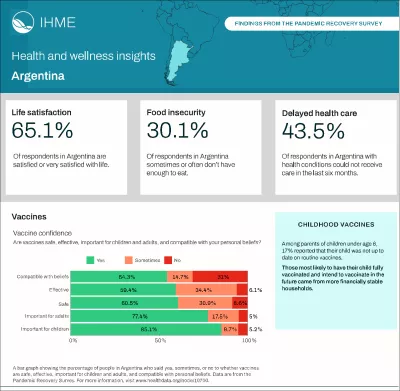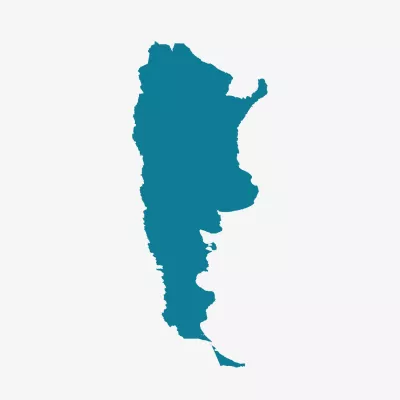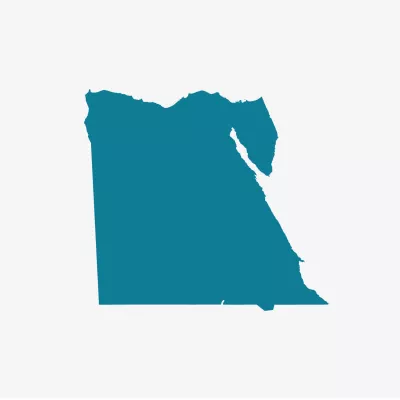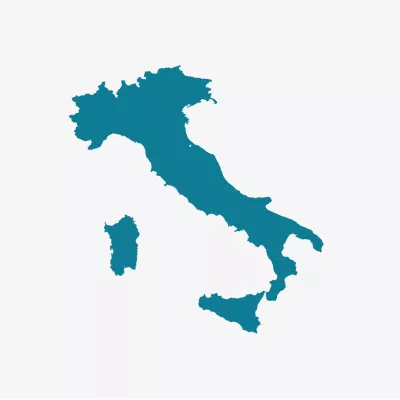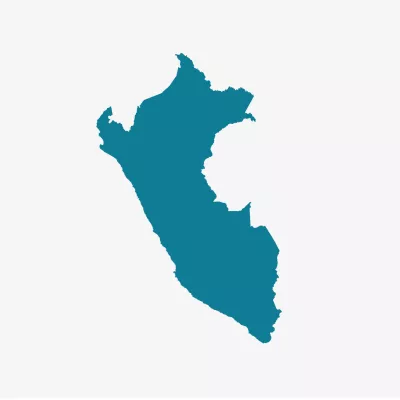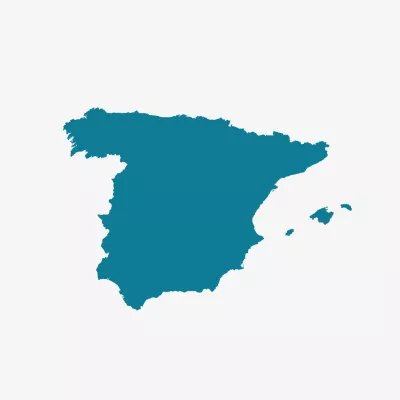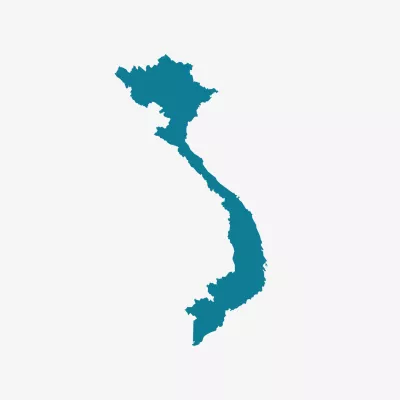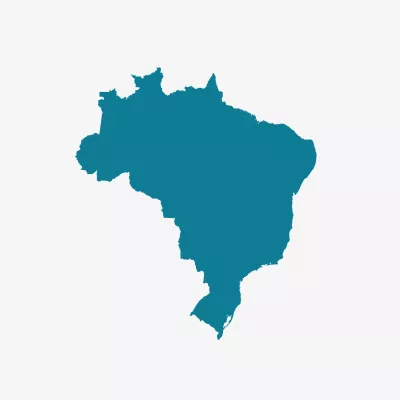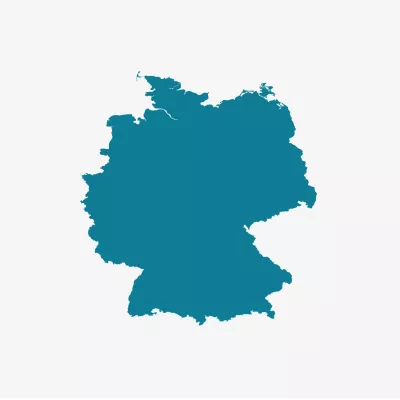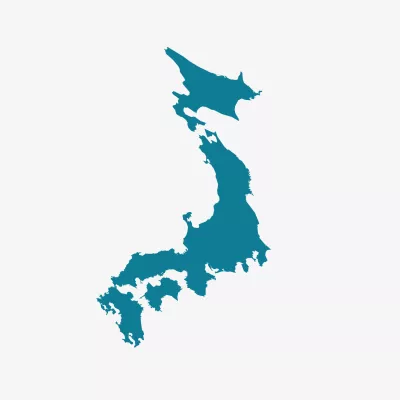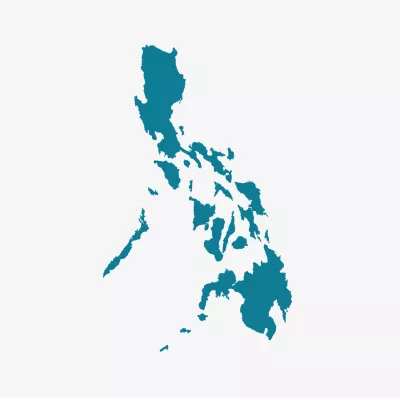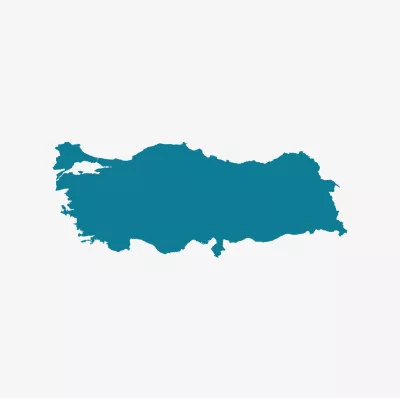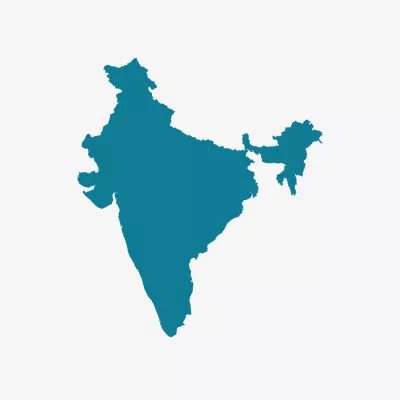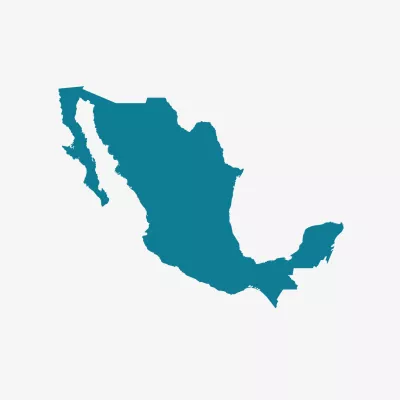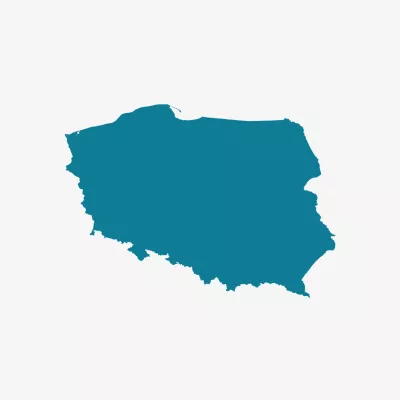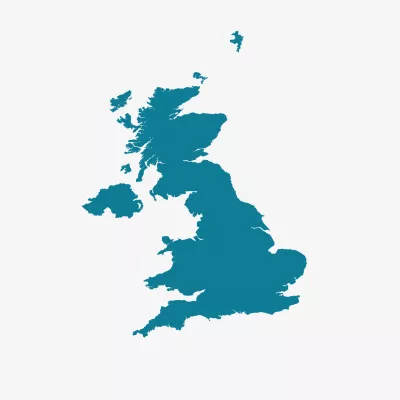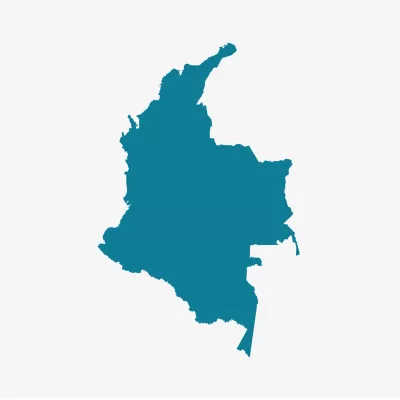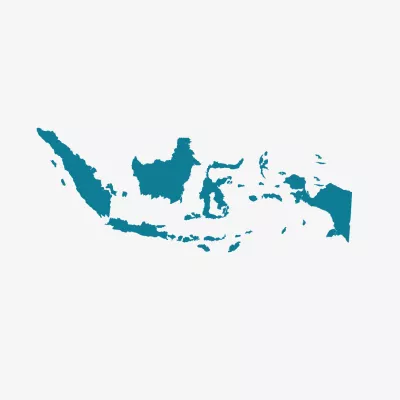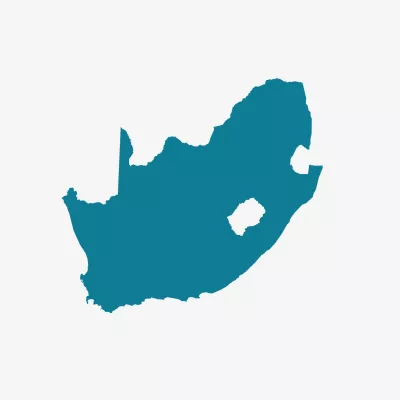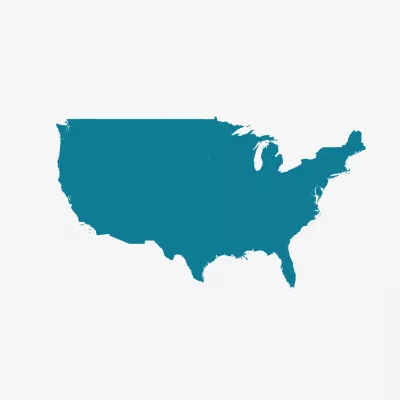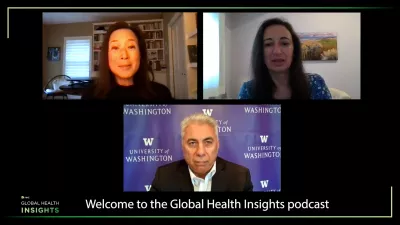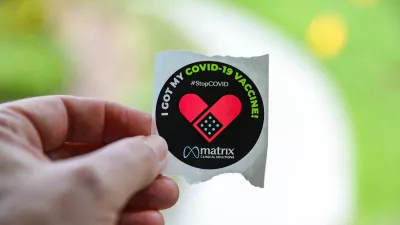Pandemic Recovery Survey
What is the Pandemic Recovery Survey?
The Pandemic Recovery Survey (PRS) was designed to help researchers understand the effects of the pandemic on health care and health seeking behavior, attitudes and practices around vaccinations, education, and household financial and food security.
How were the 21 countries selected?
The 21 countries included in the survey were based on geographic spread and the Facebook Active User Base (FAUB). We fielded the survey in 21 selected countries: Argentina, Brazil, Chile, Colombia, Egypt, Germany, India, Indonesia, Italy, Japan, Mexico, Nigeria, Peru, the Philippines, Poland, South Africa, Spain, Türkiye, the United Kingdom, the United States, and Viet Nam.
How many people participated?
The survey was taken by more than 621,000 people aged 18 years and older between March and May 2023 from 21 countries.
How can I use the survey results?
The survey results can be used by the public to better understand the diverse impacts of the global pandemic across different countries, potentially influencing individual attitudes and behaviors regarding health care, vaccination, and economic security. For policymakers, health professionals, educators, philanthropists, and the public, the results provide crucial insights into the challenges faced by the people of each country. These can guide programs and policies to improve access to health care, increase vaccine confidence, support education, and tackle economic and food insecurity.
What methods were used?
Data were collected through a stratified random sampling approach of Facebook users via a Qualtrics platform. Questionnaires were translated into 15 languages and sent to Facebook users in 21 countries. To ensure that the survey is representative of the characteristics of the population, Meta and University of Maryland calculated survey weights to help researchers correct for sampling bias.
Who worked on this project?
This project is a collaboration between the Institute for Health Metrics and Evaluation (IHME), Ludwig-Maximilians-Universität in Munich (LMU), University of Maryland (UMD), and Meta. UMD was the survey host and IHME led the design of the surveys, with input and collaboration from the broader public health community. Meta did not host the surveys or collect survey participant responses, and only had access to public, aggregated survey data provided by the universities.
Explore the data on pandemic recovery.
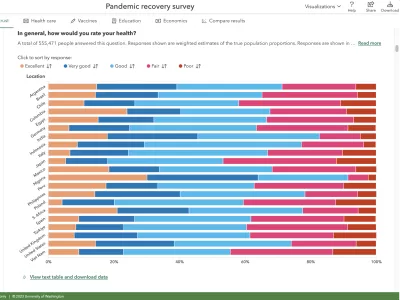
Datasets and survey tools
Aggregated estimates are available for download via the Global Health Data Exchange (GHDx), as well as estimates used to produce the visualizations in the linked tool.
Microdata is available for download from the UMD website.
To cite the data, please use:
Haensch, A., Kreuter, F., La Motte-Kerr, W., Li, Y., Stewart, K., Weber, W., Zins, S., Castro, E., Deen, A., Ewald, L. M., Gakidou, E., Gillespie, C. W., Huntely, B. M., Mokdad, A. H., Bellettiere, J., Farag, T. H., Lee, K., & Palani, S. (2023). Pandemic Response Survey. The University of Maryland. Retrieved from https://healthsurveys.umd.edu
Multimedia
Our research on COVID-19
We investigate various facets of COVID-19 and the pandemic's impact on health worldwide. Explore the effects of vaccine and mask mandates on the US states, global statistics on long COVID, and more.
